Dan McCleese is project manager for the Climate Modeling Alliance, a coalition of scientists, engineers and applied mathematicians from Caltech, MIT, the Naval Postgraduate School and JPL that is building an Earth system model that learns from observations from space and the ground for climate predictions. He is also chair of the Science Advisory Group for MethaneSAT, a mission affiliated with the Environmental Defense Fund’s program to measure methane from human sources worldwide. Dan is an atmospheric scientist and former Chief Scientist for NASA’s Jet Propulsion Laboratory and Principal Investigator for the Mars Climate Sounder onboard the Mars Reconnaissance Orbiter. While at JPL he was Director of JPL’s Innovation Foundry in which concepts for instruments and missions for Earth science, planetary science and astrophysics are conceived and matured. As Chief Scientist for JPL’s Mars Exploration Directorate he was a principal architect for NASA’s Mars Exploration Program, a multi-decade program dedicated to exploring the planet from rovers, landers and orbiters. Dan received his doctorate in atmospheric physics from Oxford University.
Climate Information for Adaptation

Dan McCleese
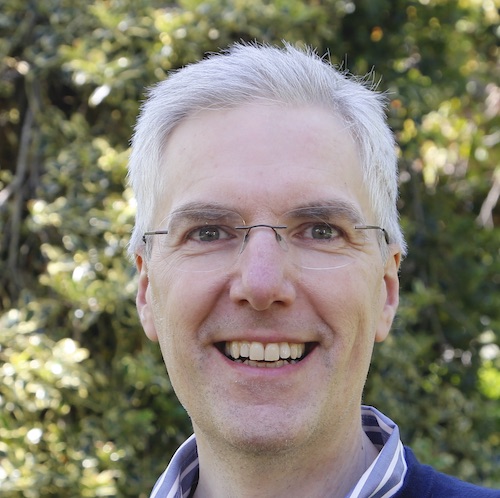
Raffaele Ferrari
Raffaele Ferrari is the Cecil and Ida Green Professor of Oceanography at MIT and the Director of the MIT Program in Atmospheres, Oceans, and Climate. His research focuses on the role of the ocean in the climate system which he studies through the development of mathematical and numerical models of key physical and biogeochemical processes. He leads the MIT group devleoping the ocean component of the CliMA climate model.
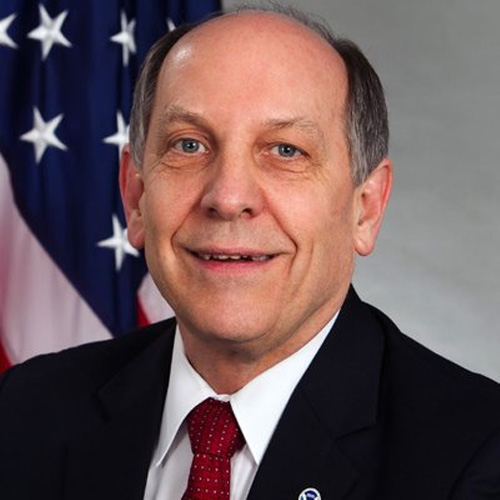
Louis Uccellini
Dr. Louis W. Uccellini is Director of the National Weather Service, where he leads the mission of the agency – to provide weather, water, and climate data, forecasts, and warnings to protect life and property and enhance the national economy. He champions close partnerships with emergency managers and understands how the public benefits from coordinated and consistent messages as it prepares for extreme weather and water events. He is passionate about creating a Weather-Ready Nation and encourages the workforce to build relationships with their local emergency managers and to provide timely and consistent decision support services. Dr. Uccellini leads a workforce of over 4,000 employees who serve the public throughout the United States.
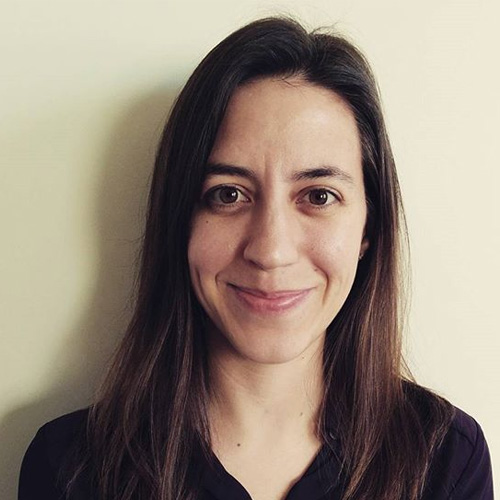
Kelly Hereid
Kelly Hereid, Ph.D., CCRMP, is the Director of Catastrophe R&D at Liberty Mutual in the Corporate Enterprise Risk Management group. Prior to joining Liberty in 2020, Dr. Hereid was a research scientist at Chubb, starting in reinsurance before moving to the primary side natural catastrophe R&D unit. She specializes in climate change, non-modeled perils, and emerging risks. Dr. Hereid is a board member of the International Society of Catastrophe Managers (ISCM), ISCM Education Committee chair, member of the Reinsurance Association of America (RAA) Catastrophe Management Conference planning committee, and serves on the Advisory Council for the University of Texas – Austin Geology Foundation. Dr. Hereid has a Ph.D. in geological sciences from the University of Texas – Austin, focusing on climate science, and a B.A. in geology and biology from Carleton College in Minnesota.
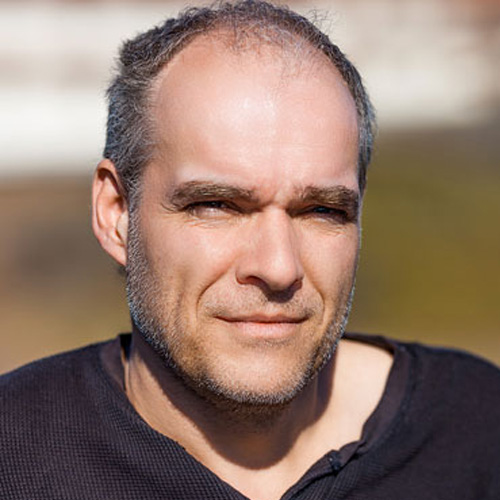
Dag Lohmann
Before co-founding the risk modeling company KatRisk LLC, Dag was a Vice President of Model Development at Risk Management Solutions in Newark, CA leading a team of modelers and software engineers in building and implementing catastrophe models. From 1999 to 2004 he was with the National Weather Service, NOAA/NCEP/EMC in Camp Springs, MD, where his main interest was data assimilation with real-time data, forecasting and hydrological modeling. He received a Physics Diploma (Masters) from the Georg-August University in Goettingen (Germany) and a Ph.D. from Hamburg University (Germany) before working for 2 years as a postdoc at Princeton University. He received the 1999 Tison Award of the IAHS and has published numerous papers on risk modeling, hydrological modeling, model uncertainty, forecasting, data assimilation, and climate change.
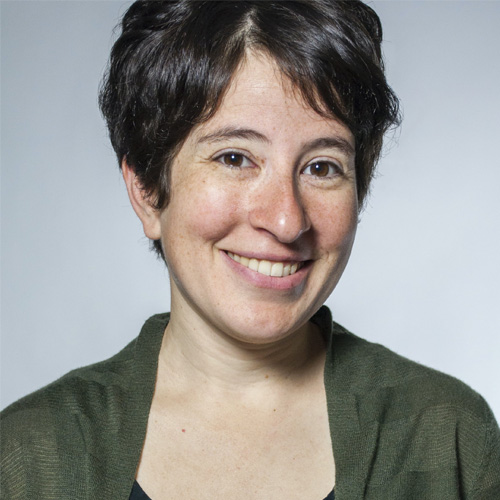
Naomi Goldenson
In her role as Stakeholder Science Lead for the UCLA Center for Climate Science, Dr Goldenson works to develop tailored climate evaluations in partnership with regional stakeholders. Her research centers on quantifying the drivers of uncertainty that bear on regional climate adaptation planning, particularly in water management and utilities in the western U.S. Naomi completed her doctorate in Atmospheric Sciences at the University of Washington in 2017, and also holds a M.S. in Geological Sciences from Arizona State University and a B.A. in Physics from Wesleyan University.
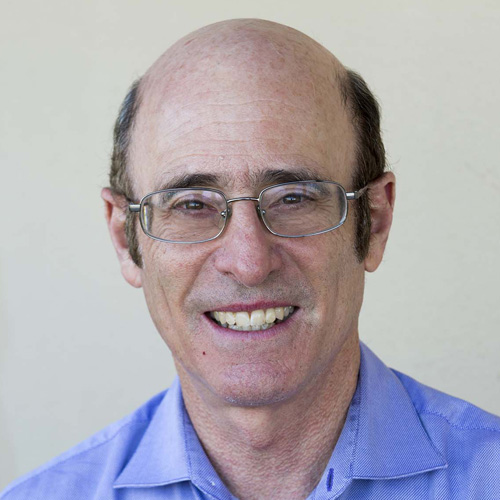
Robert Lempert
Robert Lempert is a principal researcher at the RAND Corporation and Director of the Frederick S. Pardee Center for Longer Range Global Policy and the Future Human Condition. His research focuses on risk management and decision-making under conditions of deep uncertainty. Dr. Lempert is a convening lead author for Working Group II of the United Nation’s Intergovernmental Panel on Climate Change (IPCC) Sixth Assessment Report and was a chapter lead for the Fourth US National Climate Assessment, chair of the peer review panel for California’s Fourth Climate Assessment and a member of California’s Climate-Safe Infrastructure Working Group. Dr. Lempert was the inaugural president of the Society for Decision Making Under Deep Uncertainty. A Professor of Policy Analysis in the Pardee RAND Graduate School, Dr. Lempert is an author of the book Shaping the Next One Hundred Years: New Methods for Quantitative, Longer-Term Policy Analysis.
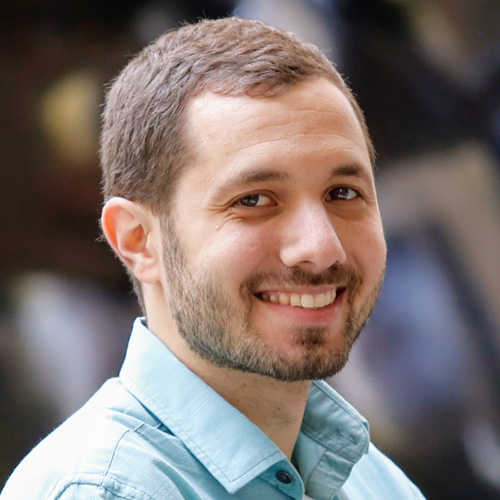
Sella Nevo
Sella Nevo is an entrepreneur and technologist committed to enacting large-scale effective social impact, specializing in machine learning research and global development. Sella currently leads the Google Flood Forecasting Initiative, which aims to provide high-accuracy flood forecasts and warnings globally, alongside several other humanitarian and environmental efforts at Google. He also teaches Applied Ethics and Information Security at Tel Aviv University, is a Venture Partner at the VC firm Firstime focused on startups advancing the UN’s Sustainable Development Goals, is a member of the advisory board of ALLFED – the Alliance to Feed the Earth in Disasters.
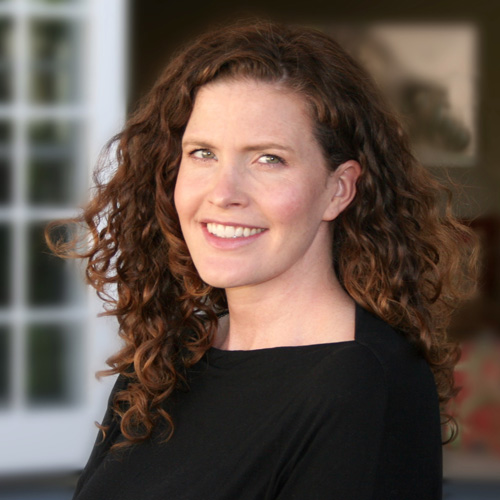
Sarah Russell
Sarah Russell is an early pipeline Project Lead at X, running projects focused on earth observation data, climate change, and the built environment. Before X, she founded and ran multiple companies at the intersection of healthcare and technology, including BurntsideRx, a startup aimed at lowering the cost of generic drugs for patients in the United States. In her spare time, she is a practicing physician and associate professor at the School of Medicine at Stanford. Sarah received her M.D. from Harvard Medical School, MBA from Wharton, and M. Phil in Development Studies from the University of Cambridge.
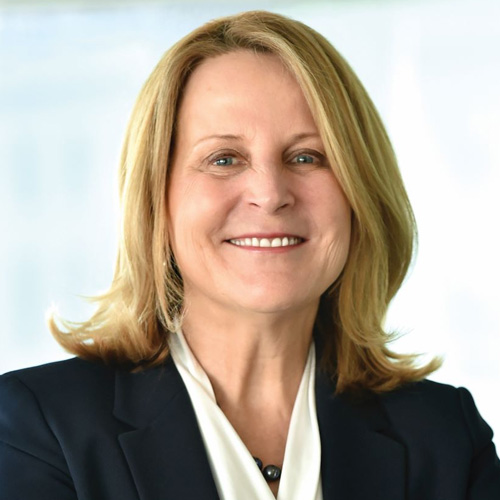
Alice Hill
Alice Hill is the David M. Rubenstein Senior Fellow for Energy and the Environment at the Council on Foreign Relations. Hill previously served as special assistant to President Barack Obama and senior director for resilience policy on the National Security Council staff where she led the development of national policy to build resilience to catastrophic risks, including climate change and biological threats. Prior to this, Hill served as senior counselor to the secretary of the U.S. Department of Homeland Security (DHS).Earlier in her career, she was a supervising judge on both the Los Angeles Municipal and Superior Courts as well as a federal prosecutor in Los Angeles, California. Oxford University Press published her coauthored book, Building a Resilient Tomorrow, in 2019. Hill’s new book, The Fight For Climate After COVID-19, will be published in summer 2021.

Francis Wiese
Dr. Francis Wiese is a Senior Principal within Stantec’s Environmental Services Group and serves as Stantec’s Technical Leader for Marine Science. Francis brings 27 years of experience working in the coastal and marine environment throughout the world, designing, implementing, and managing large inter-disciplinary, multi-institutional science programs that address important socio-ecological issues related to the ocean and its uses. Geographic experience includes the Caribbean, Galapagos, North Pacific, Gulf of Alaska, Bering Sea, the Arctic, Gulf of Mexico, North Atlantic, North Sea, and Antarctica. Dr. Wiese has worked for and with academia, government, non-profits and industry, is a technical reviewer for over 20 international journals and serves on a variety of national and international science panels, committees, and working groups. He has extensively focused on environmental impacts as a result of anthropogenic stressors, climate change, resiliency, system science, marine spatial planning, coastal erosion, marine shipping, environmental policy, and adaptive management. He is a prolific public speaker and most of all enjoys thinking outside the box to solve complex real-world issues.

Rich Andrachek
Rich leads the growth and delivery of environmental services in global geographies for Stantec outside North America. He also serves as its Innovation Leader. His professional engineering career in the environmental field spans nearly four decades.

Steve Hamburg
Steven P. Hamburg received his undergraduate degree from Vassar and his MFS and PhD from Yale in Ecosystem Ecology. He was a post-doctoral fellow at Stanford and a Bullard Fellow at Harvard. Steve spent 25 years at Brown University and University of Kansas, serving in numerous admin positions plus teaching and research. He served as a lead author for the Intergovernmental Panel on Climate Change and recognized as contributing to the award of the ‘07 Nobel Peace Prize. As chief scientist, he ensures that EDF’s advocacy is based on the best available science. He coordinates studies on methane emissions from the global natural gas supply chain as Chief Scientific Officer of the Int. Methane Studies, part of Climate & Clean Air Coalition/UN Environment. He co-chairs the Solar Radiation Management Governance Initiative and serves on the US NASEM Medicine Division on Earth & Life SAB.
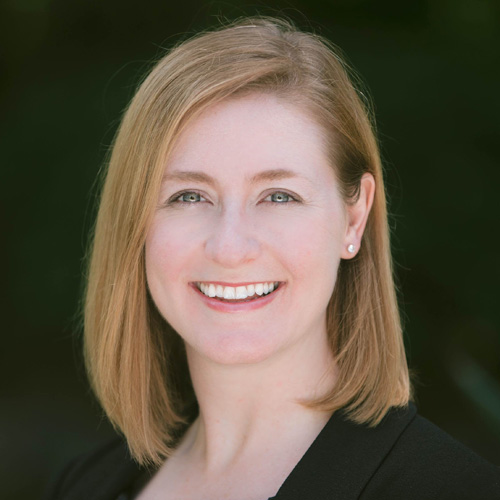
Sydney Chamberlin
Sydney Chamberlin is a Climate Policy Associate for The Nature Conservancy in California, advancing policy that moves California toward carbon neutrality. She investigates pathways to accelerate the use of nature-based climate solutions in California and manages projects that demonstrate the efficacy of nature for climate mitigation and adaptation. Before working in policy, Sydney conducted research in physics at Penn State University. Her passion for science communication and drive for service led her to the CCST Science & Technology Policy Fellowship, and as a Fellow, she spent a year analyzing legislation for the Senate Committee on Natural Resources and Water under Chairman Henry Stern. She holds B.S. degrees in Physics and Math from Utah State University, a Ph.D. in Physics from the University of Wisconsin-Milwaukee, and a Certificate in Project Leadership from Cornell University.

Alyssa Mann
Alyssa Mann is a Project Director for Disaster Resilience at The Nature Conservancy. She is based in Los Angeles, CA, and focuses on developing and implementing nature-based strategies to ensure a more resilient California. Prior to TNC, Alyssa worked at the NOAA Sea Grant program at the University of Southern California, where she focused on planning for climate change impacts along the coast and building community resilience. Her background is in emergency management and international affairs, having worked at multiple federal and state government agencies, including FEMA, the U.S. Department of State, and the State of California. She received her M.P.A from USC and B.A. from the University of Puget Sound. She’s also a recipient of the Presidential Management Fellowship and the California Governor’s Executive Fellowship.

Christoph Reinhart
Christoph Reinhart is a building scientist and architectural educator working in the field of sustainable building design and environmental modeling. At MIT, he is the Director of the Building Technology Program and head of the Sustainable Design Lab, an inter-disciplinary group with a grounding in architecture that develops design workflows, planning tools and metrics to evaluate the environmental performance of buildings and neighborhoods. He is also a managing member at Solemma, a technology company and Harvard University spinoff as well as Strategic Development Advisor for mapdwell, a solar mapping company and MIT spinoff.
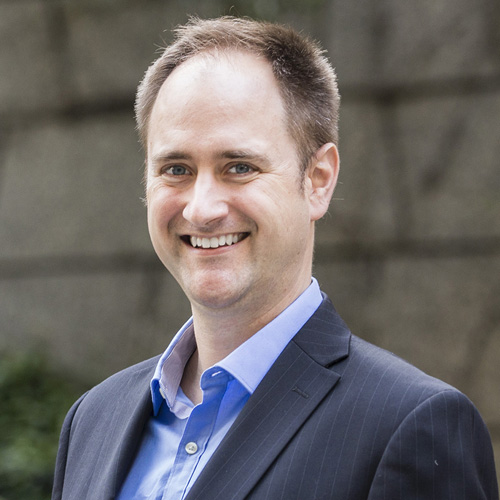
Sean Quinn
Sean Quinn leads the Sustainable Design practice of HOK’s Pacific region: San Francisco, Los Angeles and Seattle, and coordinates Performance Design Services across the firm. He directs the studios’ integrated design approach to guide the application of sustainable strategies, including energy and environmental performance, resilience planning, and green building certification. With over 15 years of architectural experience focused on sustainable design, Sean has led and assisted the design of projects across all typologies through North America, Europe, Africa, Middle-East and Asia. Sean complements his design practice with research in innovative building systems and fabrication, parametric design, and biomimicry.
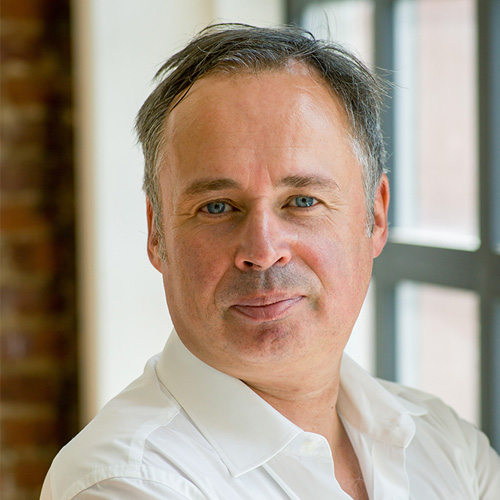
Matthijs Bouw
Bouw is the founder of One Architecture & Urbanism, an award-winning design and planning firm. He directs the Urban Resilience Certificate Program at the Weitzman School at the University of Pennsylvania, where he is a professor of practice. Bouw’s theorizes and positions design as an integrator and innovator among scales, disciplines, actors and issues in urban resilience projects. His practice is known for its unique approach in which programmatic, financial, technical and organizational issues are addressed, communicated and resolved through design. Bouw has been a pioneer in the use of design as a tool for collaboration. The office works globally on flagship resilience projects. A co-leader of the BIG Team that won the Rebuild by Design competition for the flood protection of Manhattan, ONE is currently part of the multi-disciplinary teams executing the different follow-up projects.
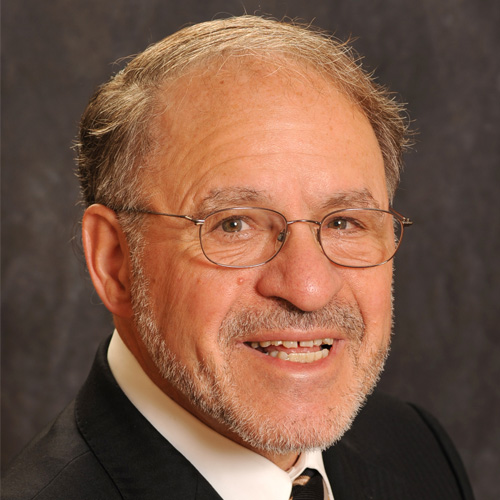
William C. Pisano
William Pisano is Vice President Emeritus, MWH Global, part of Stantec . He is a civil engineer who has specialized in Combined Sewer Overflow and wet weather sewerage system technology and control for over 35 years. He has authored and presented over 130 technical papers throughout the world in the area of urban runoff and pollution control.Through his work he has overseen more than 150 infrastructure projects throughout North America and had significant roles in all Boston Harbor sewage treatment projects. In 2009 Bill was awarded the Stephen D. Bechtel ASCE National Pipeline award for Innovative technological achievements. He holds a Phd and MS from Harvard University in Environment Systems Engineering.
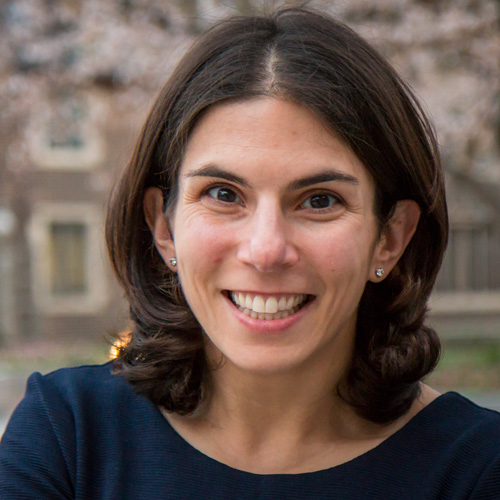
Megan S. Ryerson
Professor Megan S. Ryerson is the UPS Foundation Chair of Transportation at the University of Pennsylvania, and Associate Professor in the Departments of City and Regional Planning and Electrical and Systems Engineering. Dr. Ryerson is an internationally respected expert in intercity and air transportation policy and planning. As an engineer-planner, Dr. Ryerson develops cross-modal intercity transportation planning methods and policies that center sustainability, resiliency, equity, and economic competitiveness. Dr. Ryerson has published over 45 peer-reviewed publications and won numerous awards for her scholarship and leadership including being named “Woman of the Year” by the Women’s Transportation Seminar. She received her Ph.D. in Civil and Environmental Engineering from UC Berkeley and her BS in Systems Engineering from UPenn.
Billy Fleming
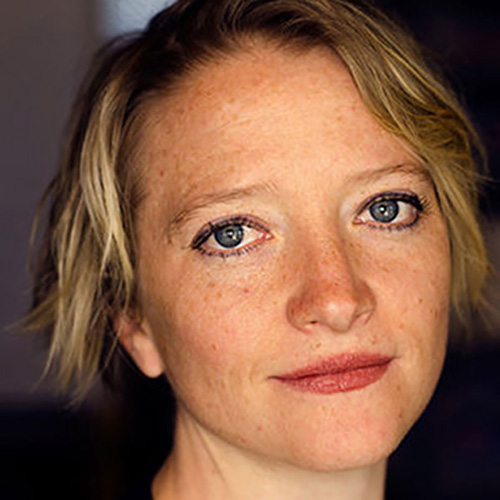
Nuin-Tara Key
Nuin-Tara Key is Deputy Director for Climate Resilience at OPR and Chair of the Technical Advisory Council for the Integrated Climate Adaptation and Resiliency Program. Prior to joining OPR, Nuin-Tara co-founded an international initiative on community-based climate action and has worked in the public, private, and non-profit sectors on sustainable urban and regional planning and policy, with a focus on social equity and climate change. She has a Master of Urban and Regional Planning from Portland State University and a BA from Lewis and Clark College.
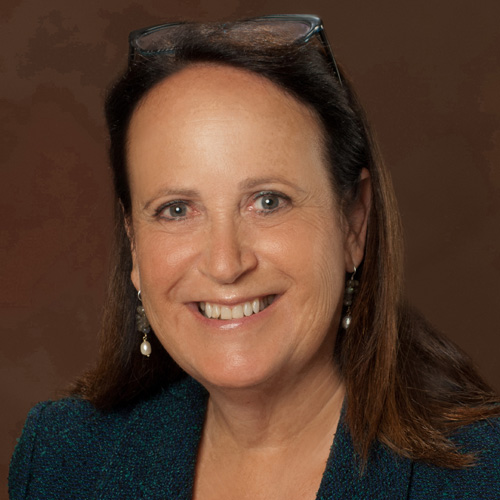
Felicia Marcus
Felicia Marcus is currently the Landreth Visiting Fellow at Stanford University’s Water in the West Program and a Fellow of the National Academy of Public Administration. She is also a member of the Water Policy Group, an international network of former and current high level water officials dedicated to assisting developing nations. Felicia was most recently Chair of the California State Water Resources Control Board under Governor Jerry Brown. She previously served as Regional Administrator of the U.S. EPA Region IX and as head of the Los Angeles Department of Public Works in addition to leadership in national non-governmental organizations (Trust for Public Land and Natural Resources Defense Council). She has a JD from NYU School of Law, an AB cum laude in East Asian Studies from Harvard College, and attended Hong Kong University as a non-degree student.
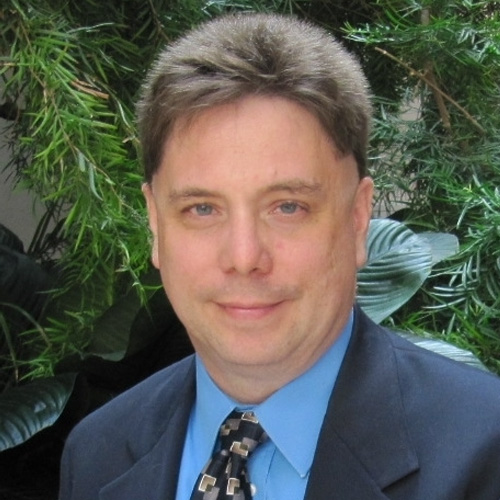
Michael Anderson
Michael Anderson is the State Climatologist for California, a collaborative position between the State and the National Oceanographic and Atmospheric Administration to provide climate data services for California. He participates in interagency climate change work team activities; develops climate program content in the area of extreme events, sub-seasonal to seasonal forecasting and adapting to climate change; interacts with the research community and supports DWR personnel on a range of projects.

JR DeShazo
J.R. DeShazo is the Director of the Luskin Center for Innovation at UCLA, where he is an expert in environmental economics and planning, as well as climate adaption & mitigation, energy, water and sustainable transportation policy. He holds a Ph.D. in Urban Planning from Harvard University and a M.Sc. in Economics from Oxford University, where he was a Rhodes Scholar.

Philip Duffy
Philip Duffy is a physicist who is dedicated to the use of science in addressing climate change. Prior to joining Woodwell, Dr. Duffy served as a Senior Policy Analyst in the White House Office of Science and Technology Policy and as a Senior Advisor in the White House National Science and Technology Council. In these roles he was involved in international climate negotiations, domestic and international climate policy, and coordination of US global change research. Before joining the White House, Dr. Duffy was Chief Scientist at Climate Central, a climate change communications organization, and was a Senior Scientist at Lawrence Livermore National Laboratory. Dr. Duffy serves on committees of the National Academy of Sciences and advises public and private-sector leaders on climate change. He has an AB degree from Harvard magna cum laude and a Ph.D. in applied physics from Stanford.
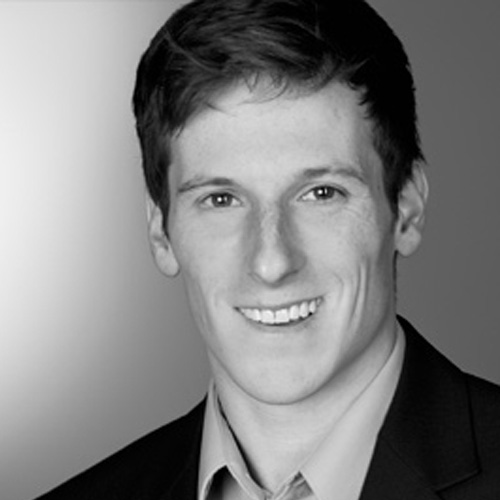
Andrew Ayres
Andrew Ayres is a Research Fellow at the Public Policy Institute of California. His main areas of research include environmental and natural resource economics, institutional economics, applied econometrics, and water economics and policy. His recent work has focused on the economics of groundwater management, especially with application to California’s Sustainable Groundwater Management Act, alongside other questions related to water markets, land use, and air quality. Previously, he worked in Germany and the United States on projects to inform policy-making related to climate change, energy, river restoration, and water pricing. Andrew holds a Ph.D. from a joint program between the Bren School of Environmental Science and Management and the Department of Economics at UC, Santa Barbara.
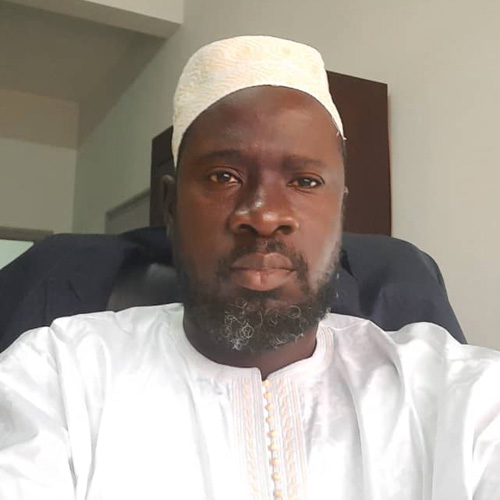
Ousmane Ndiaye
Dr. Ousmane Ndiaye is the head of the meteorological and application direction at the Senegalese Civil Aviation and Meteorology Agency (ANACAIM) since 2019. He got his PhD at Columbia University and has worked extensively on the provision of Climate information Services to communities including fishermen and farmers. He has coordinated many initiatives (project and pilots) to provide climate information services (CIS) to farmers to cope with food insecurity in a rain fed agriculture under climate change. These initiatives allowed to identify the needs of farmers in CIS, how to co-design a solution (with stakeholders), how to deliver the product (through meetings, radio, text and voice messaging) and ways to make sustainable CIS through a public private partnership.
He will present some experiences on “Using Climate Information to Adapt to Agriculture in the Sahel” success and challenges.
He is also the IPCC focal point of Senegal and has contributed to the national determined contribution (NDC) under the Paris agreement.
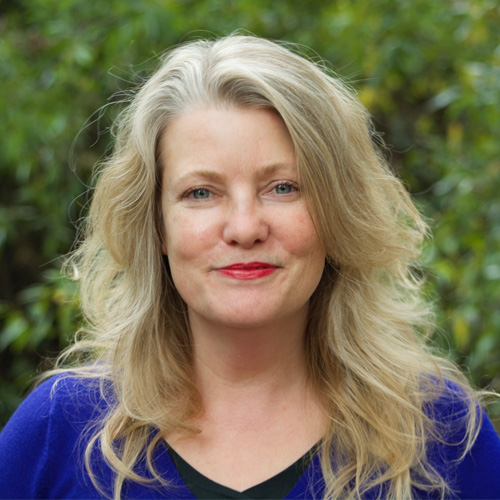
Nancy Thomas
Nancy Thomas is the Executive Director of the Geospatial Innovation Facility (GIF) at UC Berkeley. She leads Cal-Adapt, an interactive web-based visualization tool that aids decision makers, scientists, local planners, and residents of California in turning climate related research results and climate projections into effective adaptation decisions and policies. In her role as Executive Director of the GIF, Ms. Thomas promotes the use of geospatial technology throughout UC Berkeley through training students and researchers on remote sensing and GIS tools and facilitating many successful research collaborations.

Marty Ralph
Dr. F. Martin Ralph is a weather and water scientist focused on understanding the origins of floods and droughts, and on improving predictions for water management and flood control applications. After 21 years at NOAA, he created the “Center for Western Weather and Water Extremes” at UC San Diego. He’s published over 150 peer-reviewed scientific articles and has developed programs on new science and technology and their application to solving practical problems. He is a leading expert on atmospheric rivers and provides input to policy makers on western weather and water extremes. He is a leader in development of Forecast-Informed Reservoir Operations (FIRO), working closely with federal, state and local water managers. He is a Fellow of the American Meteorological Society and has received awards from several organizations. He has a B. S. in Meteorology from University of Arizona, and a Ph.D. in Atmospheric Sciences from UCLA.

Bruno Andrade Sanchez-Andrade Nuno
Program director and principal scientist at Microsoft “AI for Earth.” Our group is building the “Planetary Computer.” Bruno is a Ph.D. in Astrophysics, and rocket science postdoc. Bruno has led Big Data innovation at the World Bank Innovation Labs, served as VP Social Impact at the satellite company Satellogic and Chief Scientist at Mapbox. He was awarded Mirzayan Science Policy Fellow of the US National Academies of Science and a Young Global Leader of the World Economic Forum.
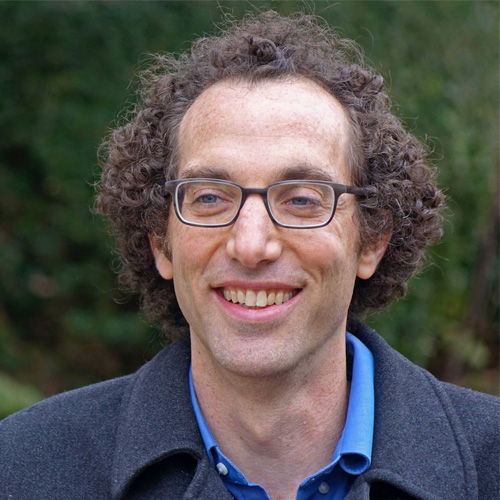
Robert Kopp
Robert Kopp is a climate scientist who serves at Rutgers University as Director of the Rutgers Institute of Earth, Ocean & Atmospheric Sciences and a Professor in the Department of Earth & Planetary Sciences. His research focuses on past and future sea-level change, on the interactions between physical climate change and the economy, and on the use of climate risk information in decision making. He is an author of the Fourth National Climate Assessment and the Intergovernmental Panel on Climate Change’s forthcoming Sixth Assessment Report, as well as a director of the Climate Impact Lab. He is a fellow of the American Geophysical Union (AGU) and a recipient of AGU’s James B. Macelwane and William Gilbert Medals and the International Union for Quaternary Research (INQUA)’s Sir Nicholas Shackleton Medal.
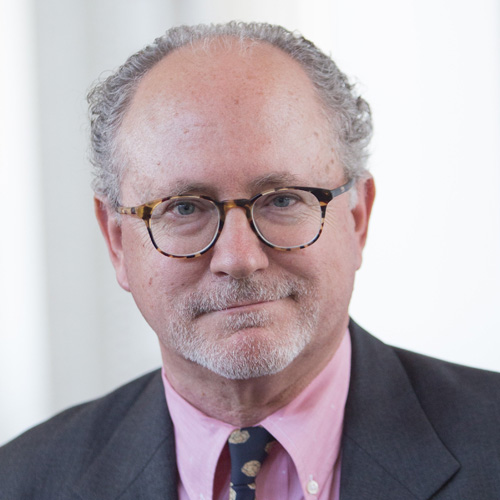
Mark Alan Hughes
Mark Alan Hughes is a professor of practice at the University of Pennsylvania Weitzman School of Design and faculty director of the Kleinman Center for Energy Policy. He is a faculty fellow of the Penn Institute for Urban Research, research fellow of the Wharton Risk Center, and distinguished senior fellow at Penn’s Fox Leadership Program. He was a senior fellow at the Brookings Institution Center for Urban and Metropolitan Policy, a senior adviser at the Ford Foundation, and weekly opinion columnist for the Philadelphia Daily News. Hughes holds a BA from Swarthmore and a PhD from Penn, joined Princeton’s faculty in 1986, has taught at Penn since 1999, and is widely published in leading academic journals, including Economic Geography, Urban Economics, Policy Analysis & Management, and the Journal of the American Planning Association, for which he won the National Planning Award in 1992.
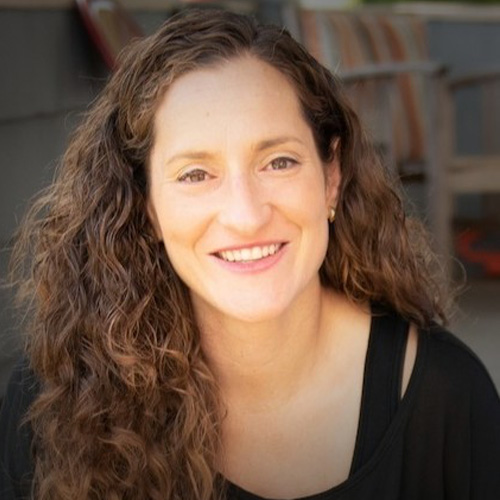
Adrianna Logalbo
Adrianna creates new opportunities and investments across a wide range of social justice issues representing the diverse interests of its Partners. Previously, Adrianna has spent her career building and launching new initiatives within non-profit organizations, working at the nexus of strategic partnerships, smart communications and effective advocacy. Most recently, Adrianna served as the Managing Director of 1,000 Days where she helped grow the young, start-up non-profit, with a focus on partnerships, fundraising, advocacy, communications and operations.

Michael Madnick
Michael leads all program, partnerships, and operations of Mountain Philanthropies, in direct collaboration with its funders, referred to as Partners. For many years, Michael advised a range of donors, foundations, companies, nonprofits and governments in support of various social impact outcomes. Previously, he served as deputy executive director for the Global Alliance for Improved Nutrition, deputy director for global health policy and advocacy at the Bill & Melinda Gates Foundation, and senior vice president of the United Nations Foundation. Michael also serves on a number of boards and committees.

Spencer Reeder
Spencer Reeder is Director of Government Affairs & Sustainability at Audi of America and serves as Audi’s public policy voice on zero-emissions vehicles and associated energy sector issues, in addition to providing overall leadership on the brand’s sustainability strategy. Spencer has a background in engineering, geophysics, and policy spanning academia, industry and government. He served as a lead author on the 2014 U.S. National Climate Assessment and as Lead Policy Strategist for Climate Change for WA Governor Christine Gregoire. Prior to joining Audi, he led Microsoft co-founder Paul Allen’s philanthropic investments in climate, energy, and transportation. Spencer was twice selected as a finalist for NASA’s astronaut program and holds a BS in Chemical Engineering from University of Washington and a MS in Aerospace Engineering Sciences from University of Colorado.
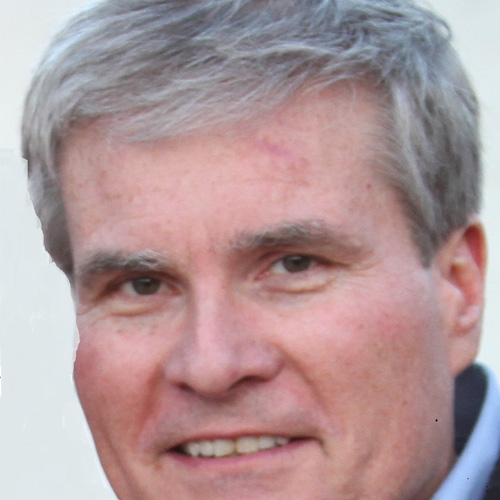
David B. Rogers
• Develops low-carbon projects with institutional partners • Various teaching roles including Stanford 2021 (“Implementing and Financing a Decarbonized Economy”) and Oxford Said Business School • Practiced law for 30 years with Latham & Watkins LLP; chaired its top-ranked global project finance practice • Adv Council to the Caltech Div of Geologic and Planetary Sciences • GREENMAP (Global Renewable Energy Mass Adoption Program) –non-profit organization created to accelerate deployment of renewable generation in developing economies (www.energygreenmap.org) • EON nonprofit whose mission is to identify and accelerate transformative zero-carbon energy solutions (www.energyoptionsnetwork.org) • BA in Economics with honors and distinction Stanford and JD Stanford Law School
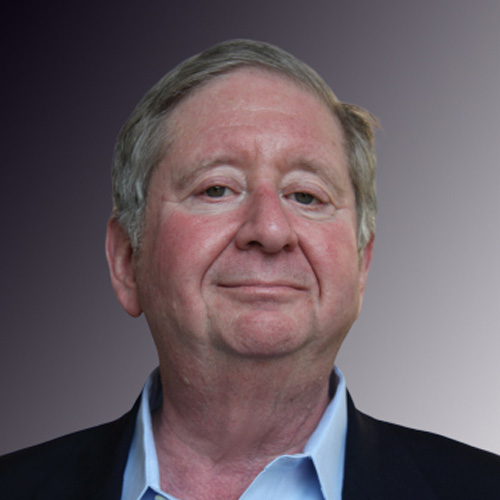
Stu Feldman
Feldman is Chief Scientist of Schmidt Futures where he is responsible for the Scientific Knowledge programs, including creating fellowship and award programs, and executing larger research programs to support talented scientists who address major questions, build new platforms, and change the way research is done. He has launched large multi-project multi-institution programs in AI Accelerated science, AI-based university transformation, earth system modeling, and astrophysics.
He also acts as Senior Advisor to the CEO of Citadel Securities on a wide range of software and engineering issues.
Stuart Feldman did his academic work in astrophysics and mathematics and earned his AB at Princeton and his PhD at MIT. He was awarded an honorary Doctor of Mathematics by the University of Waterloo and an Honorary Doctorate by the Technion. He is former President of ACM (Association for Computing Machinery) and former member of the board of directors of the AACSB (Association to Advance Collegiate Schools of Business).
Feldman is best known for writing “Make” and other essential tools. He received the 2003 ACM Software System Award. He is a Fellow of the IEEE, ACM, and AAAS. He is Board Chair of the Center for the Minorities and Disabled in IT, serves on a number of university advisory boards and National Academy panels, and has served on a wide variety of government and research advisory committees.
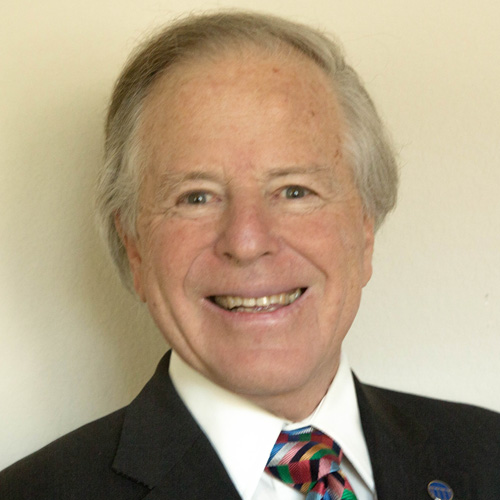
Charlie Trimble
Charlie Trimble is the founder and former CEO of Trimble Navigation, LTD. The company is a leading developer of commercial equipment utilizing the Global Positioning System (GPS). He led the company from a startup in 1978 through its initial public offering in 1990. Trimble Navigation was largely responsible for the commercialization of GPS technology, and at the time of Trimble’s departure in 1998, the company was the dominant worldwide supplier of GPS equipment. He holds four patents in signal processing and several in Global Positioning System (GPS) technology. After leaving the company, he mentored startups and served on small company boards of directors.
Mr. Trimble is a member of the National Academy of Engineering and the Council on Foreign Relations. He served on the NASA Advisory Council, the National Electronics Manufacturing Initiative, the Silicon Valley Defense/Space Consortium, and as chair of the United States Global Positioning System Industry Council. He is the recipient of numerous awards and honors, including Inc. Magazine’s Entrepreneur of the Year in 1991; the American Electronics Association Medal of Achievement in 2000; the NASA Public Service Medal in 2001 and 2004; and the Caltech Distinguished Alumni Award. Mr. Trimble earned his BS in engineering and applied science in 1963, and his MS in electrical engineering in 1964.
Mr. Trimble was elected to the Caltech Board of Trustees in June 2002 and became a Senior Trustee in August 2013. He is a member of the JPL, Student Experience, and Technology Transfer committees. In addition, he served as the chair of the governance subcommittee and is a former chair of the JPL committee. Mr. Trimble was the co-chair of the GPS Visiting Committee in 2017.
